No products in the cart.
Smoked horse mackerel
9.99 $
Ingredients: 100% Horse mackerel
Format: Whole fish, uncleaned, frozen, sold in bulk.
Brand: The King (Ocean delights)
Country of origin: Morocco
Available on backorder
SKU: POI-CHF-050
Categories: Fish, Horse mackerel, Meat & Fish
Smoked horse mackerel
Smoked Horse Mackerel, also known as “saurel” or “caringue,” is distinguished by its bluish-grey body with silvery-white flanks, a slightly prominent jaw, and a side line bristling with quills. This fish, about the size of mackerel, inhabits a wide territory in the Atlantic Ocean, stretching from the Norwegian coast through the Black Sea, the Sea of Marmara, and the Mediterranean to South Africa. Its slender and spindle-shaped body, along with a very thin caudal peduncle, makes it similar in appearance to mackerel.
Nutritional Benefits:
- Vitamin D: Essential for bone health, preventing muscle weakness, osteoporosis, and fractures. It also strengthens the immune system and improves nervous system health.
- Vitamin B12 and PP: Crucial for the nervous system and the formation of enzymes necessary for assimilating proteins, carbohydrates, and lipids.
- Vitamin A: Important for vision.
- Phosphorus and Potassium: Support bone health and help maintain the body’s acid-base balance, reducing hypertension risk.
- Omega-3 Fatty Acids: Beneficial for mental health, arthritis, cardiovascular disease prevention, cancer, and possibly Alzheimer’s disease.
Horse mackerel is highly valued in Africa for its protein content and is also used in aquaculture or as pig feed. A significant portion of the catch is dedicated to this purpose, with 5 kg of horse mackerel needed to produce 1 kg of farmed salmon.
Afritibi offers smoked horse mackerel, providing a nutritious and flavorful option for those who appreciate the unique taste of this fish. Available for shipping in Canada and the USA, it’s a convenient way to enjoy the health benefits and rich flavors of horse mackerel.
| Weight | 1 lbs |
|---|---|
| Dimensions | 5 × 5 × 2 in |
Be the first to review “Smoked horse mackerel” Cancel reply
Related products
-
Beef Tripe
14.99 $ -
Goat meat
17.97 $ -
-
Tilapia
10.99 $ -
Lamb tripe
14.99 $ -
Beef feet
22.45 $ -
Horse Mackerel
11.98 $
Close


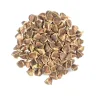
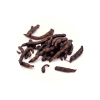
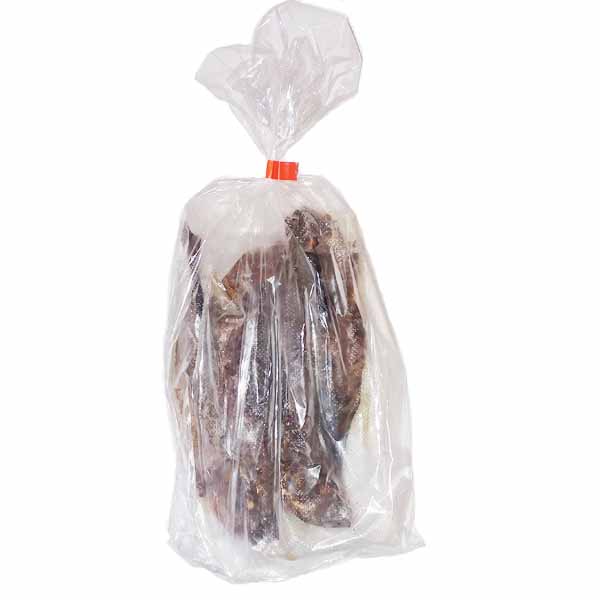
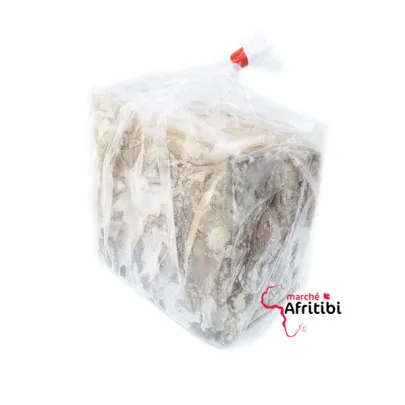
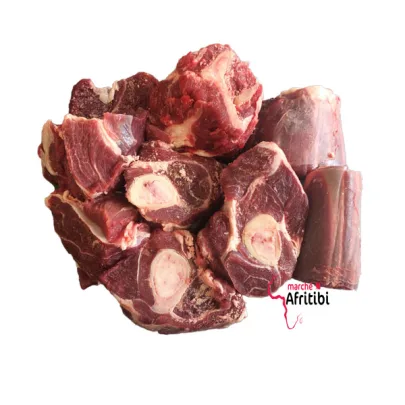
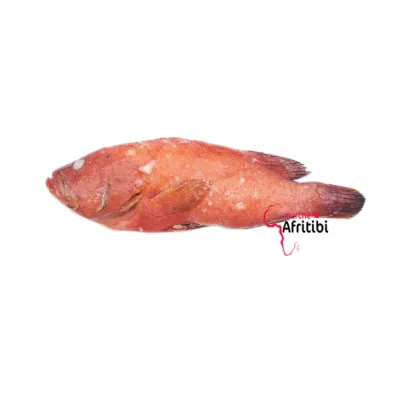
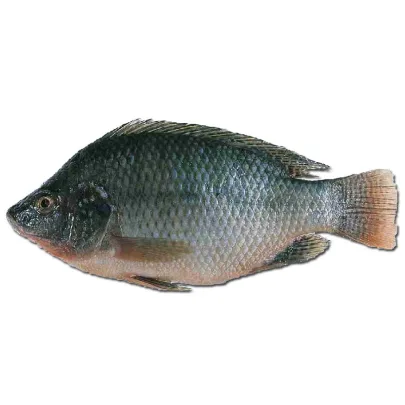
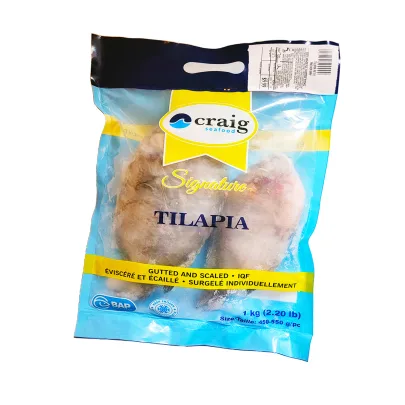
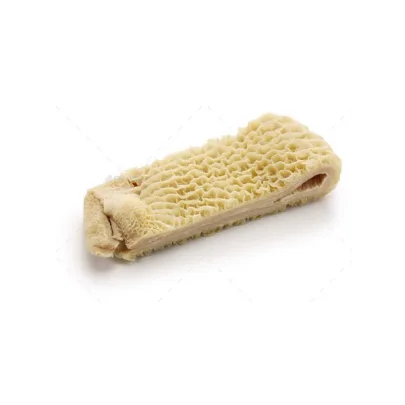
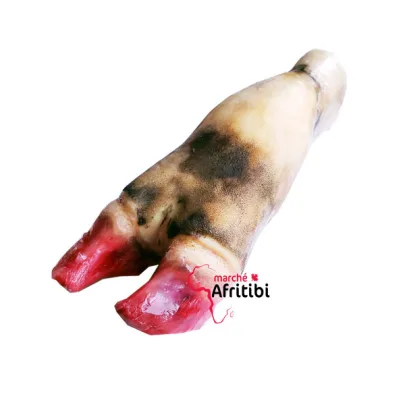
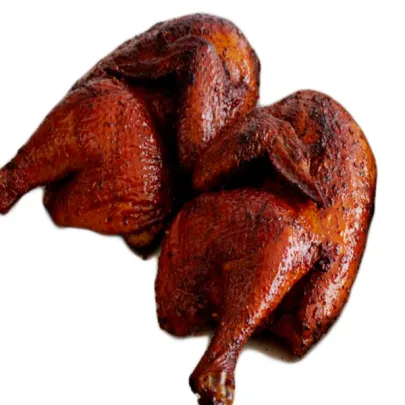
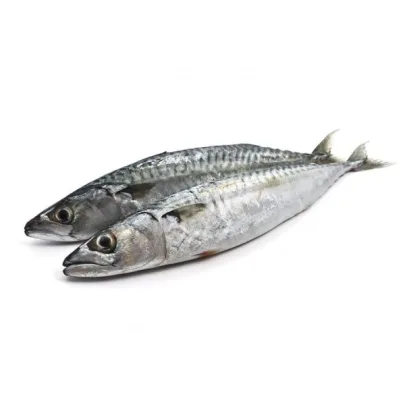
Reviews
There are no reviews yet.